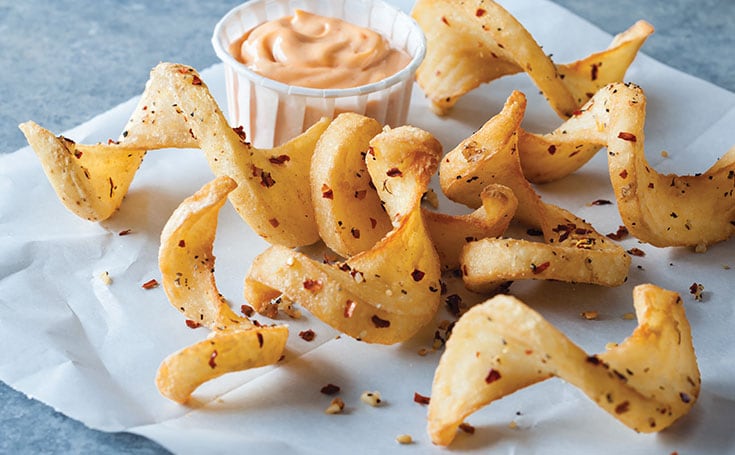For the past few years, Vietnam has been on a mission to improve the management of food safety nationwide, anxious to improve the domestic and international reputation of the Vietnamese food industry.
These efforts have been backed by a new food safety management system developed in partnership with South Korea which was only recently launched this past March.
Alongside the new system has been various regulatory updates and local spot checks to take down major offenders, such as a recent widespread check that uncovered a large-scale scandal involving seasonings and edible oil.
Most recently, Vietnam has finalised all changes made to the local food safety regulations on the global stage by notifying the World Trade Organisation (WTO), making these changes final and irrevocable.
Importantly, a major change made in the WTO notification focused strongly on where responsibility lies once a violation is uncovered, leaving no doubt about where punishments would be meted – a section which was previously unclear in the regulations.
“Several clauses have been added to Vietnam’s regulations which will strengthen the management of self-declared products, enhance the oversight of product registration declarations, supplement post-marketing surveillance regulations and enforce stricter food safety law compliance,” the Vietnam Food Agency (VFA) said via a formal statement.
“These include the clarification of the ‘food product owner’ of a product: This has been defined as an organization or individual that owns the formula, production process, standard or trademark of a food product or is certified by a competent authority.”
This differs slightly from ‘organizations and individuals responsible for placing food products on the market’ – either the owners or those authorised by the owners – who filled out application forms to obtain certifications or permissions from Vietnamese authorities, such as Product Self-declaration or Product Declaration applications for entry into the market.
What this also means is that there is now no ground for either a brand or a product importer to try to shift responsibility from one to another if any negative situations arise, as responsibilities will be clearly laid out in the regulations.
“Other areas that have been defined include ‘Quality management systems’, ‘Inter-laboratory comparisons’ and ‘Proficiency tests’ [so] there can be no doubt about the type and level of quality and safety testing that food products must go through before entering Vietnam,” the agency added.
The hope is that tighter food safety management and clearer accountability will help to rapidly elevate Vietnam’s food industry reputation, thus opening doors for it to boost trade and export to even more international markets with minimal barriers.
Changes already happening
Since Vietnam implemented its new system, a number of changes have already been seen in the food industry, notably many food safety offenses coming under the spotlight.
The VFA recently published a report highlighting the violations of food safety rules between April 2025 and June 2025, where a large number of non-compliant test results had been uncovered.
“Not only food product manufacturers and ingredient producers were checked, but also the facilities running the tests on these products, and it was in the latter that many tests found to be non-compliant with current regulations were found,” VFA stated.
“Three offending laboratories were uncovered and fined, ranging from running 61 to 280 tests that were non-compliant as they were not performed according to national requirements and standards.”
All offending facilities were fined VND75m (US$2,871) each and made to return all profits they had made off of the food safety and quality tests they had run illegally.





